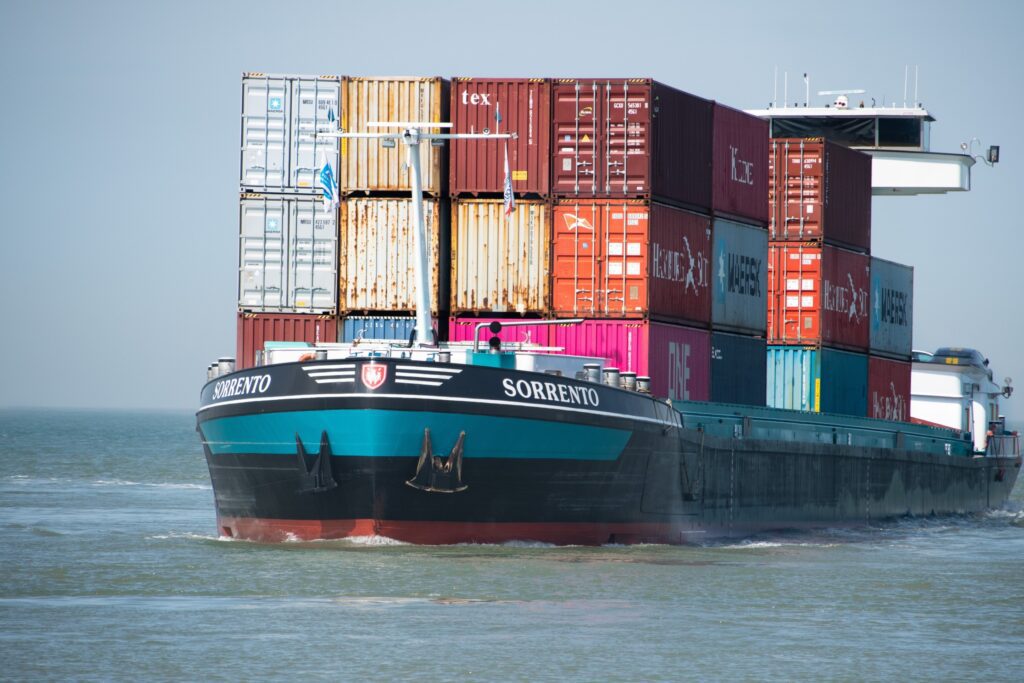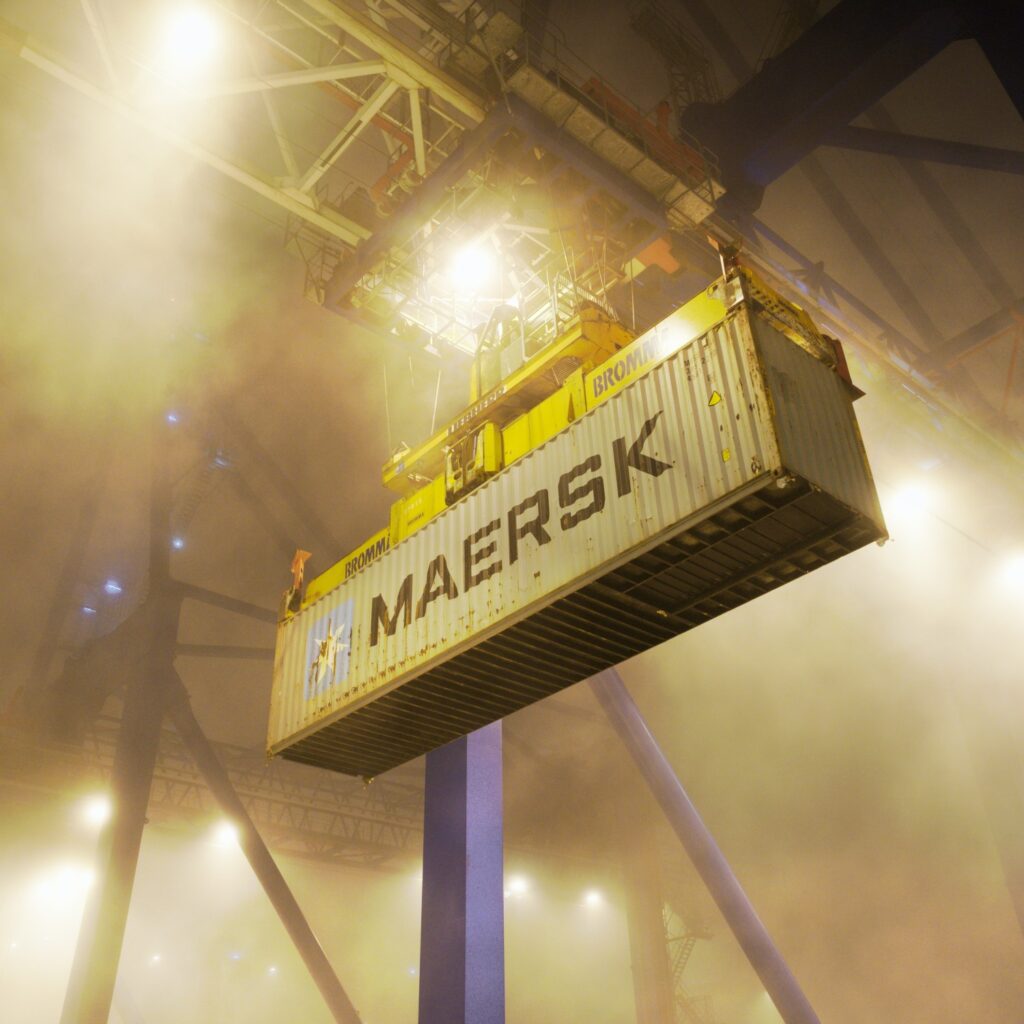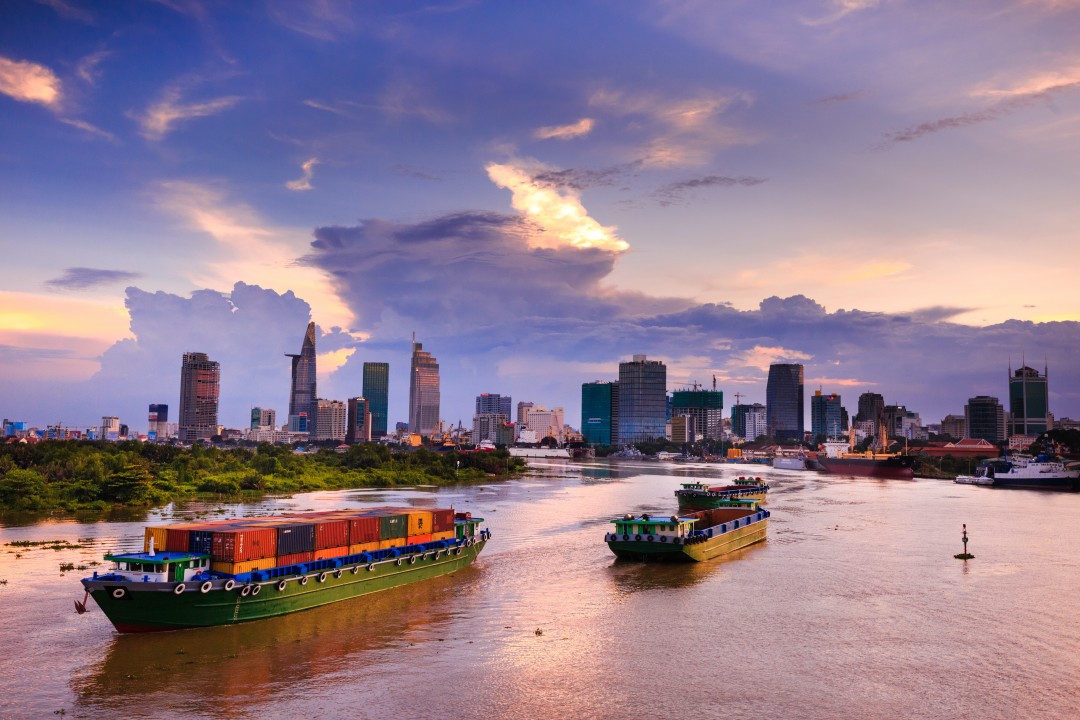The Environmental Impact of Shipping
Traditional fossil fuels are a significant source of greenhouse gas emissions and pollution in the shipping industry. According to the International Maritime Organization (IMO), international shipping accounts for approximately 2.89% of global CO2 emissions. The shipping industry can significantly reduce its carbon footprint and contribute to global efforts to combat climate change by switching to alternative fuels.
Some of the most promising alternative fuel options include biofuels, hydrogen, and ammonia. Biofuels, derived from organic materials such as vegetable oils and animal fats, can reduce CO2 emissions by up to 80% compared to traditional fossil fuels. Companies like Maersk, the world’s largest container shipping company, are leading the way by pledging to reach carbon neutrality by 2050 and investing in the research and development of biofuels and other alternative energy sources.
Hydrogen and ammonia are other promising alternative fuels for the shipping industry. Both produce zero carbon emissions during combustion, making them ideal for reducing greenhouse gas emissions. For example, the “HyShip” project, backed by the European Union, aims to create hydrogen-powered vessels by 2024, while NYK Line, a Japanese shipping company, plans to launch an ammonia-fueled ship by 2025.

Adopting alternative fuels can also help shipping companies meet their carbon footprint goals. The IMO has set a target of reducing the shipping industry’s greenhouse gas emissions by at least 50% by 2050 compared to 2008. By switching to cleaner energy sources, companies can meet these targets and contribute to global efforts to reduce greenhouse gas emissions.

Another environmental concern in the shipping industry is ballast water discharge, which can lead to the spread of invasive species and disrupt marine ecosystems. The IMO’s Ballast Water Management Convention, which entered into force in 2017, requires ships to manage their ballast water and sediments to minimize the risk of introducing harmful aquatic organisms. When a ship releases ballast sediment, it can cause several environmental issues and negatively impact marine ecosystems. Ballast water is used to maintain the stability of a ship during transit, particularly when it is not carrying any cargo. The water is typically taken in one location and then released in another, often thousands of miles away. Along with the water, various sediments, marine organisms, and pollutants can be picked up, transported, and released into new environments. Some potential consequences of releasing ballast sediment include:
- Introduction of invasive species
When ships take on ballast water, they may also inadvertently collect tiny marine organisms, including plankton, bacteria, and even small fish or their eggs. When the ballast water is discharged in a new location, these organisms may become invasive species, outcompeting native species for resources and disrupting the balance of the local ecosystem.
- Spread of pathogens
The discharge of ballast sediment may introduce pathogens, such as harmful bacteria, viruses, or parasites, to new environments. These pathogens can infect local marine life, causing disease outbreaks that can devastate the ecosystem and industries that rely on it, such as fisheries and aquaculture.
- Alteration of sediment composition
The release of ballast sediment can lead to changes in the seabed composition in the receiving environment. This can affect the structure and function of benthic habitats, which are essential for the survival of various marine species.
- Contamination and pollution
Ballast sediment may contain various pollutants, such as heavy metals, hydrocarbons, and other toxic substances. These pollutants can harm marine life and negatively impact water quality when released into the new environment.
To address these issues, the International Maritime Organization (IMO) implemented the Ballast Water Management Convention, which requires ships to manage their ballast water and sediments to minimize the risk of introducing harmful aquatic organisms and pathogens. This involves using treatment systems, such as filtration, UV radiation, or chemical disinfection, to remove or neutralize organisms and pollutants before discharging ballast water. By implementing effective ballast water management systems and using biodegradable materials, the shipping industry can help protect marine ecosystems and preserve the health of our oceans.
Adopting alternative fuels and addressing issues like ballast water discharge are essential to creating a more sustainable shipping industry. By taking these actions, shipping companies can significantly reduce their environmental impact and play a crucial role in the global fight against climate change while working towards their carbon footprint goals.
Discover how Relo Global & Relocate MENA are transforming the logistics industry with eco-friendly practices. Sign up now to receive our exclusive insights and be a part of our sustainability journey!









